Booking.com’s latest travel trends report reveals a fascinating shift in the way Generation Z explores the world. Unlike previous generations, who often prioritized luxury resorts or iconic landmarks, today’s young travelers are seeking something far more immersive. Their preferences reflect a desire for authenticity, connection, and experiences that resonate deeply with their values. From off-the-grid adventures to culturally rich encounters, Zeros are redefining what it means to travel.
The rise of "workation" culture has caught the attention of many industry observers, but Gen Z is taking it a step further. Instead of simply working remotely from a beachside café, they’re blending productivity with purpose. Co-living spaces in Bali, digital nomad hubs in Lisbon, and eco-conscious retreats in Costa Rica are becoming hotspots for young professionals who want to balance work and wanderlust. These travelers aren’t just ticking destinations off a list—they’re building communities, learning new skills, and often extending their stays to immerse themselves in local life.
Another standout trend is the growing appetite for voluntourism. Gen Z isn’t content with passive sightseeing; they want to leave a positive impact. Whether it’s participating in wildlife conservation projects, teaching English in rural communities, or joining beach clean-up initiatives, these travelers are choosing trips that align with their social and environmental consciousness. Booking.com notes a significant uptick in searches for eco-lodges and socially responsible tour operators, signaling a broader shift toward mindful travel.
Food tourism has also evolved beyond Instagrammable meals. For Gen Z, culinary experiences are about storytelling and heritage. They’re signing up for cooking classes with local grandmothers in Vietnam, foraging for ingredients with Indigenous guides in Scandinavia, and dining at underground supper clubs where chefs highlight sustainable practices. It’s not just about what’s on the plate—it’s about the people, traditions, and innovations behind each dish. This generation craves depth, and their travel choices reflect that.
Interestingly, spontaneity plays a huge role in how Gen Z plans (or doesn’t plan) their trips. Last-minute bookings and flexible itineraries are the norm, with many young travelers opting to decide their next move based on local recommendations rather than rigid schedules. Apps that offer real-time deals or peer-reviewed hidden gems are thriving as a result. This fluid approach allows for unexpected adventures, whether it’s stumbling upon a secret music festival or accepting a homestay invitation from a new friend.
Technology, unsurprisingly, is at the heart of these trends. But it’s not just about scrolling through TikTok for inspiration. Gen Z uses apps to vet accommodations for sustainability practices, translates street signs in real time to navigate unfamiliar cities, and even connects with like-minded travelers before arriving at a destination. Digital tools aren’t replacing human interaction—they’re enhancing it, enabling richer, more informed experiences on the road.
What does this mean for the future of travel? The industry is already adapting, with hostels offering co-working spaces, tour companies emphasizing ethical practices, and destinations marketing their lesser-known corners. Gen Z’s influence is pushing everyone to think differently about why we travel and how we can do it more responsibly. One thing is clear: their journeys are as much about transformation as they are about transportation.

By Rebecca Stewart/Apr 7, 2025

By Sophia Lewis/Apr 7, 2025

By Emily Johnson/Apr 7, 2025

By Laura Wilson/Apr 7, 2025
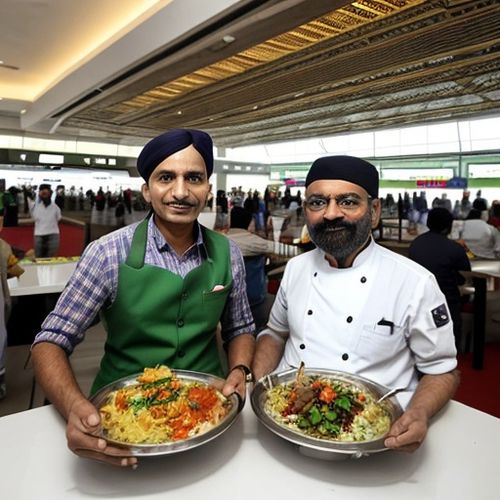
By David Anderson/Apr 7, 2025

By Benjamin Evans/Apr 7, 2025
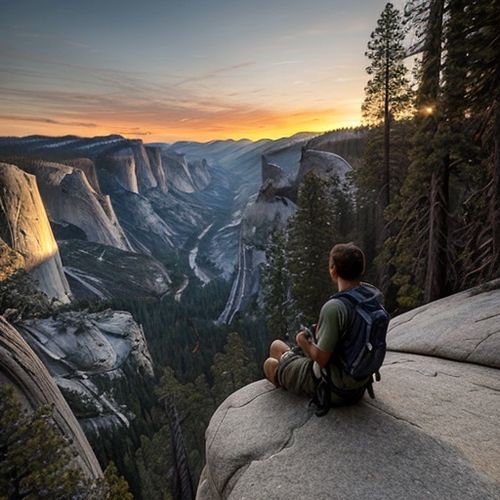
By William Miller/Apr 7, 2025
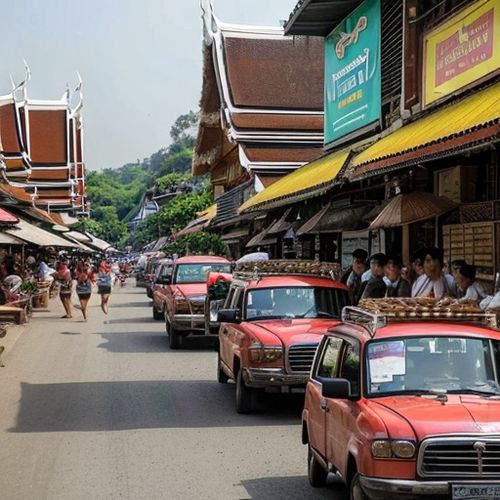
By Emma Thompson/Apr 7, 2025

By Benjamin Evans/Apr 7, 2025

By Noah Bell/Apr 7, 2025

By Elizabeth Taylor/Apr 7, 2025

By George Bailey/Apr 7, 2025
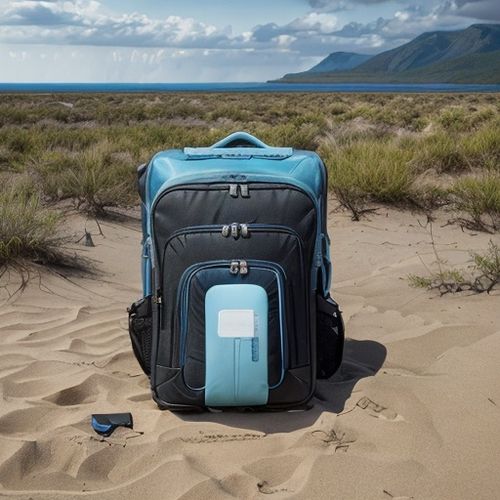
By Olivia Reed/Apr 7, 2025

By Ryan Martin/Apr 7, 2025
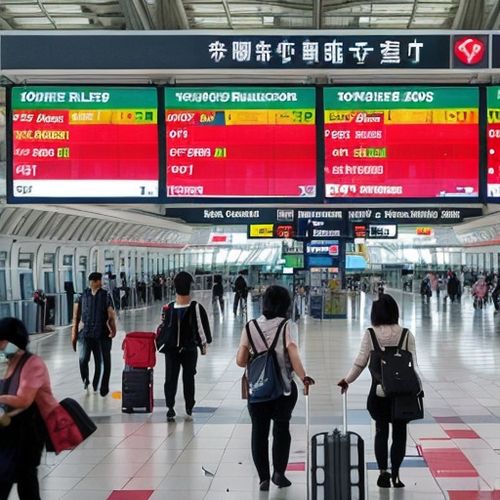
By George Bailey/Apr 7, 2025

By Laura Wilson/Apr 7, 2025

By Laura Wilson/Apr 7, 2025